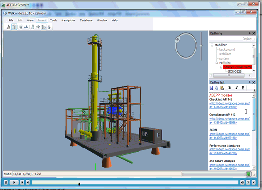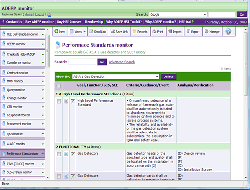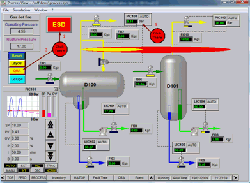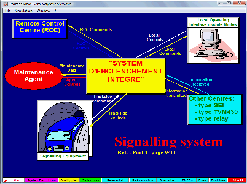ADEPP Monitor
Always Plan-Do-Check-Act
Continuous improvement can be achieved only through a logical sequence of repeated steps of Plan-Do-Check-Act. Success of this cycle relies on the commitment of individuals. Individuals with OMS accountabilities and authority ensure that OMS documentation is regularly reviewed and updated. This includes revising the OMS to reflect organisational and other changes, incorporating lessons from experiences (good and bad) and responding to input from workforce or external good practices.





- Four Fundamentals focus attention on management principles that are arguably the most important for an effective OMS - Leadership, Risk Management, Continuous Improvement and Implementation.
- Ten Elements establish a structure to organise the various components of an OMS. Each of the ten Elements includes an overview, a purpose statement and a set of expectations that define the system’s intended outcomes.
ADEPP monitor designed to provide an integrated management of the requirements engineered based on the different sources from contract, applicable codes & standards, project specific studies, brainstorming sessions, etc. It is particularly useful tool for the Critical Tasks management during:
- Design, Construction, Installation, Commissioning
- Operation & Maintenance
- Interface Management
- Simultaneous Operations (SIMOP)
- Modifications and Repair Activities
- Certifications Activities






